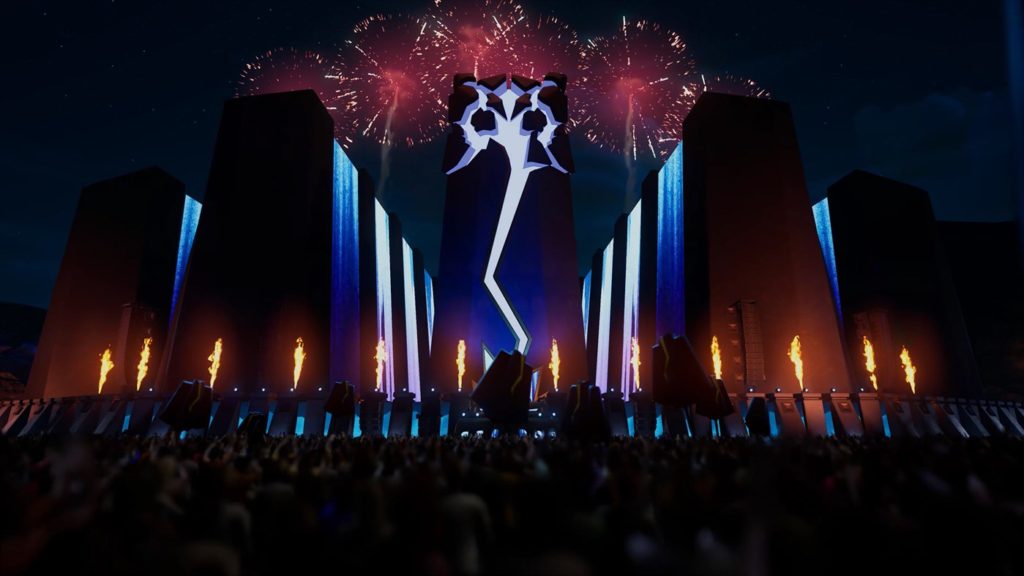
FUSER: Finding Connection Through the Loneliness
I’m sitting here on my laptop, looking at a mostly empty Google document. I can feel my sinuses twitch and my eyes burn, threatening to burst with tears any second as “All Kinds of Time” by Fountains of Wayne plays in my earbuds.
For many reasons, 2020 has been a year where I retreated into myself, building up barriers to protect a bruised and beaten heart from real and imagined threats. I call it “going third-person”; the camera goes from me to an overhead view and I view my life as if it’s not my own. It’s been my go-to unhealthy coping mechanism for decades. In doing this, I separate myself from feeling in order to keep myself from feeling hurt.
There are lots of things that can bring me back to myself when I get this way. The tireless support of my partner, family, and friends has been instrumental in keeping me me. I’m also going to therapy, which has helped immensely. That said, it’s still very hard for me to realize there’s a problem until I’ve been third-person for a long time.
My Spotify account is full of painstakingly curated playlists sorted by mood. I have multiple workout playlists, a playlist for walking around at sunset, a playlist for when I’m away from my partner and miss her, a playlist for my kitchen ritual of dancing while I’m cooking. Music has always been a huge part of my life, but more than that, it always helps me get back to a first-person view. Music helps remind me that feeling things deeply, even when those feelings are painful, is a wonderful and necessary part of life. It reminds me how much I cherish my connections with my loved ones.
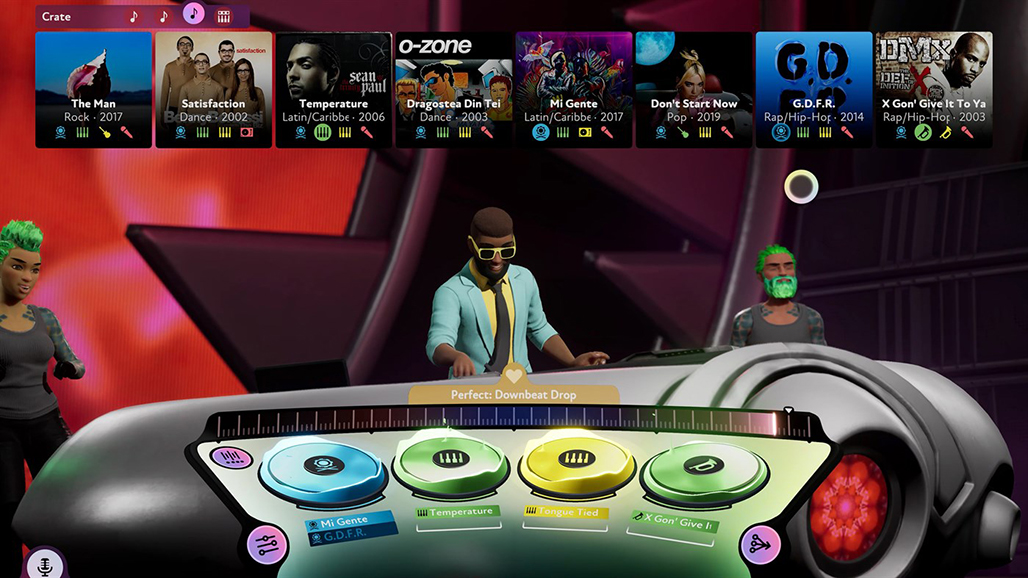
FUSER is the newest rhythm game from Harmonix, a sort of spiritual successor to their cult hit board/card game Dropmix. FUSER tasks you with mashing up different instrument tracks from other songs in order to create custom mashups. If you’ve heard the music of Girl Talk or the Super Mash Bros., it’s kind of like that.
The key here is that unlike every other rhythm game out there, FUSER encourages players to create something new. Where a perfect playthrough of “Through The Fire and the Flames” in Guitar Hero 3 will always sound the same, a five-star performance in FUSER will always sound different. The game rarely asks you to drop a specific track for bonus points, and will instead ask for a track of a certain genre, or from a certain decade. So long as your timing is on point, a five-star performance could feature the drums from Erasure’s “A Little Respect”, the horns from DMX’s “X Gon’ Give It To Ya”, the keys from Whitney Houston’s “I Wanna Dance With Somebody (Who Loves Me)”, and the vocals from Smash Mouth’s “All Star”. If you’re on-beat and responding to the crowd’s vague requests quickly, you’ll have a high score, no matter what the mix actually sounds like.
On paper, this doesn’t sound like much. But think about that satisfying feeling of absolutely nailing a section of your favorite song in Rock Band 4. The minute-to-minute feeling of playing FUSER is that, except you’re actively creating the song you’re enjoying. This means that since you’re always in control, it’s not only easier to hit that sought-after flow state, but that once you do, you’re in the driver’s seat. It sounds hyperbolic, but when you’re in that zone, a well-timed change to the mix can be pretty emotional.
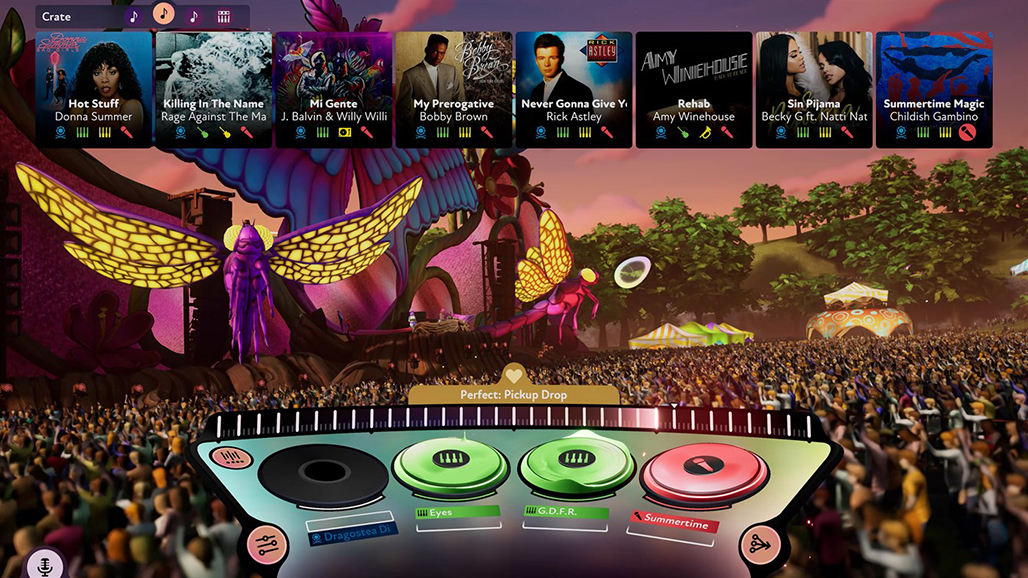
In order to support this core gameplay, Harmonix has added a whole host of other features that allow for even more creativity. These include DJ effects like stuttering, bit-crushing, and filters; instruments that allow you to make your own custom loops; and a full-blown editing workstation that allows you to record, fine-tune, edit, and share your favorite mixes. It’s all geared towards fostering an open environment where you can make something truly unique, informed by your own taste and style.
Playing the single-player modes has been therapeutic for me in a whole lot of ways, but the reason that FUSER is by far one of my favorite games of the year is its multiplayer.
The game has modes both for competitive and cooperative multiplayer, and although the competitive battles mode is great in its own right, the cooperative multiplayer is something really special. In short you and up to three other players take turns building a mix that the next player then tweaks and changes up. This repeats for as long as you want; there really isn’t a goal here other than making something that sounds cool.
Often, it won’t.
Often, it’ll sound like hot garbage.
But that’s not the point. You, and three other people you may or may not know, have created something together. And even if it’s garbage, that simple act of creation is also an act of connection.
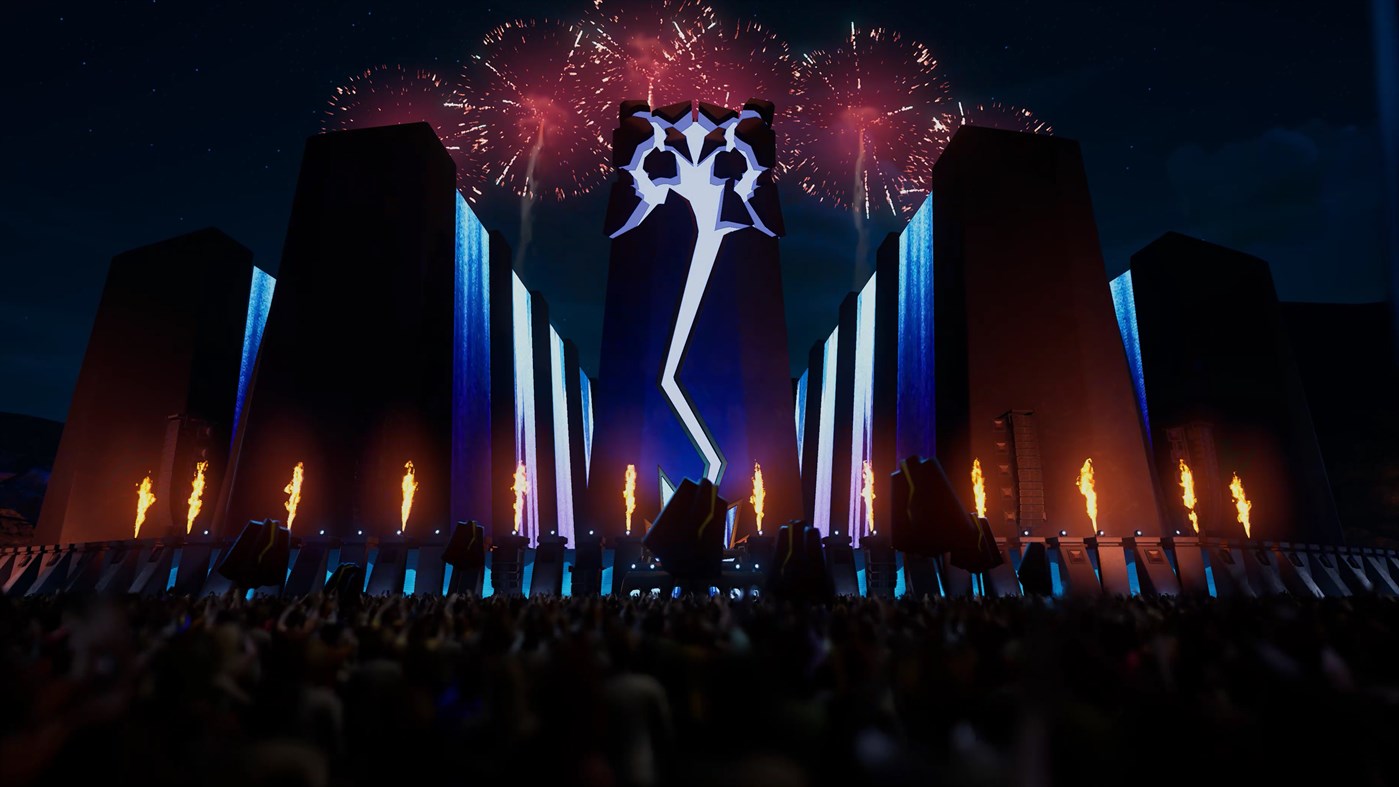
I’m not a concert-hopper. I usually only went to one every couple months when it was safe, and I haven’t really been to many music festivals either. But there is an intense feeling of community that comes from making music with people, from listening to music with people, and from going to a show and watching people create music together in a communal environment. And for me, especially at a time at which many other forms of connection are dangerous, the fact that FUSER has been able to capture some of those connections in video game form has helped remind me to be more present in my own life. It’s a little taste of a party when parties can’t happen, and that helps me feel more in touch with myself and my loved ones, even when they’re not playing the game with me.





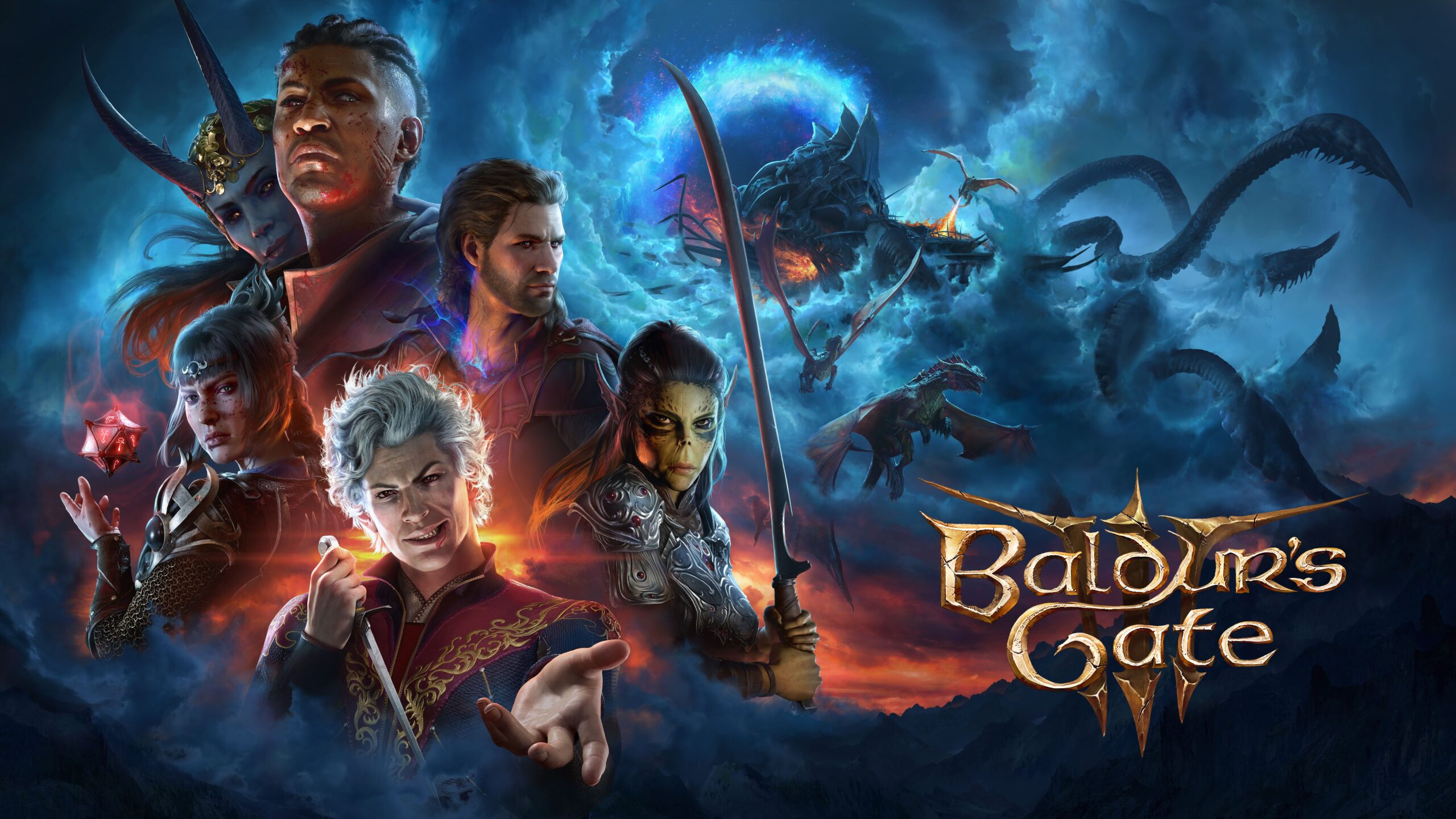
1 thought on “FUSER: Finding Connection Through the Loneliness”